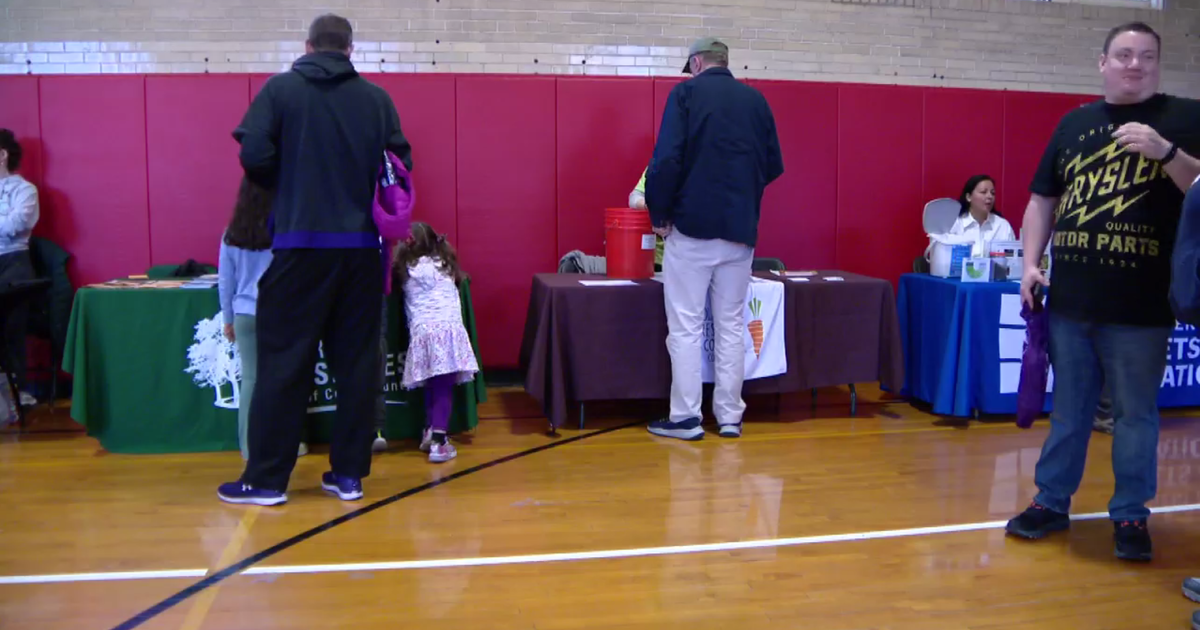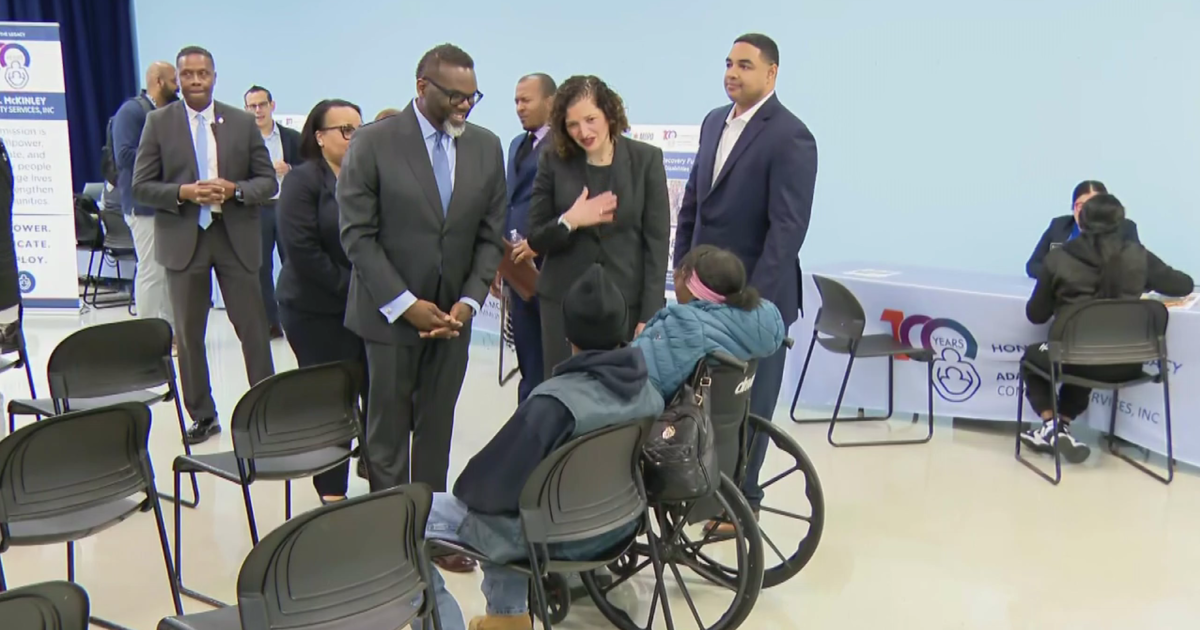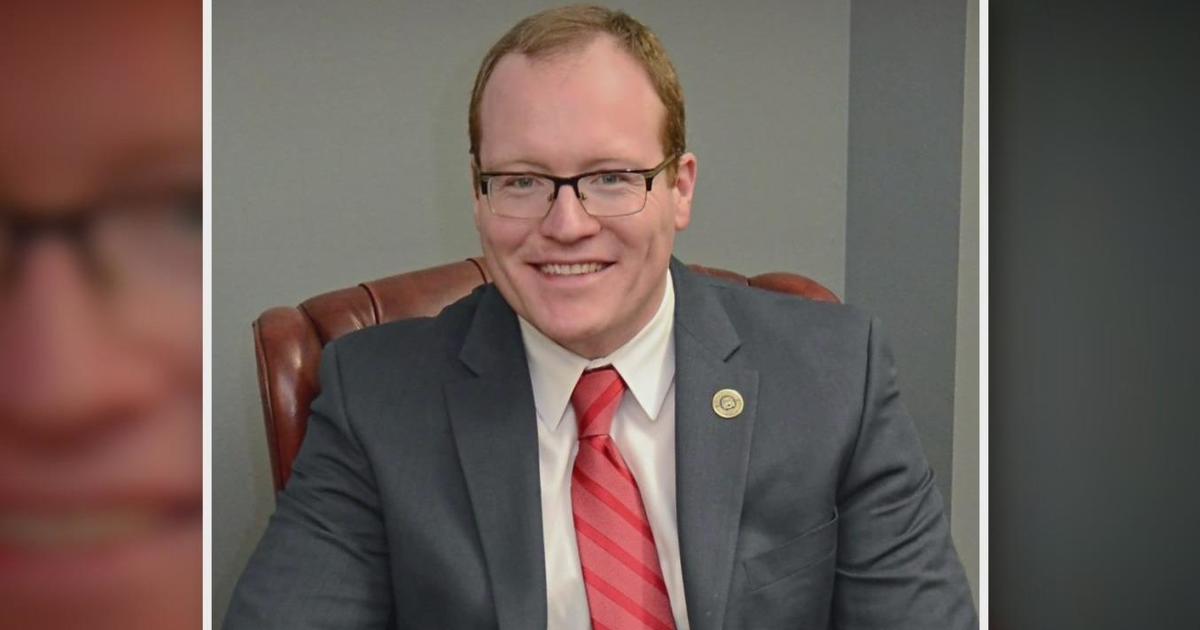How Are Chicago And Illinois Working To Avoid An Election Fiasco?
CHICAGO (CBS) -- An error in an app was blamed Tuesday for a dramatic delay in the reporting of results in the Iowa Democratic caucuses.
It took 21 hours for any results to come in.
CBS 2's Vince Gerasole on Tuesday investigated what is being done in Chicago and Illinois to avoid a similar fiasco.
The complications at the Iowa caucuses – which are admittedly confusing for outsiders to begin with – were twofold.
A coding error made it difficult for many caucus chairs at the last minute to download a mobile app to report their results.
Afterward, the backup phone hotline was overloaded with their calls.
"You hand them a new app, you don't test it," said Jim Allen of the Chicago Board of Elections.
Local election officials say Illinois has a system in place to avoid those kinds of mishaps.
"There is no third-party app. There is no mobile phone transmission," said Matt Dietrich of the Illinois State Board of Elections.
The cyber security measures guarding the Illinois vote are a result of the) 2016 hack into the personal information of 76,000 Illinois voters.
"We were the one election authority in the United States that actually got hacked by Russia," Dietrich said.
Since then, a $13.2 million federal grant has helped Illinois beef up its electronic protections. The Illinois State Board of Elections has hired four cyber security agents, who search for possible vulnerabilities in each county's election system.
Meanwhile, only six pretested voting systems are approved for state use. Vote tallies can only be reported through a private network, and no matter how you cast your vote, paper backups are mandatory.
"We work closely now with Homeland Security and the FBI – something I never thought would be necessary," Allen said.
The Chicago Board of Elections has also hired a cybersecurity expert. It has invested $21 million in new voting machines we'll see this year that will scan paper ballots marked in pen, detecting errors like an over-vote, or missing initials.
Elections judges were being trained Tuesday, but the entire system went through a mock election test last December to identify and rectify any potential glitches.
Allen emphasized that the system Illinois uses is much different from the one in place in Iowa.
"A caucus is nothing like an election," he said. "You don't have paper ballots and a paper trail you can go back and recount. You can't recount a discussion at the school gymnasium."
Election officials seem less concerned with ballot hacking, and more concerned with misinformation circulated purposely on social media to impact the vote – such as, for example, false information on how late polls are open for example.
Officials encourage voters to be skeptical and verify information on state government websites.
Illinois' primary day is Tuesday, March 17.



